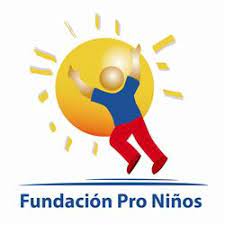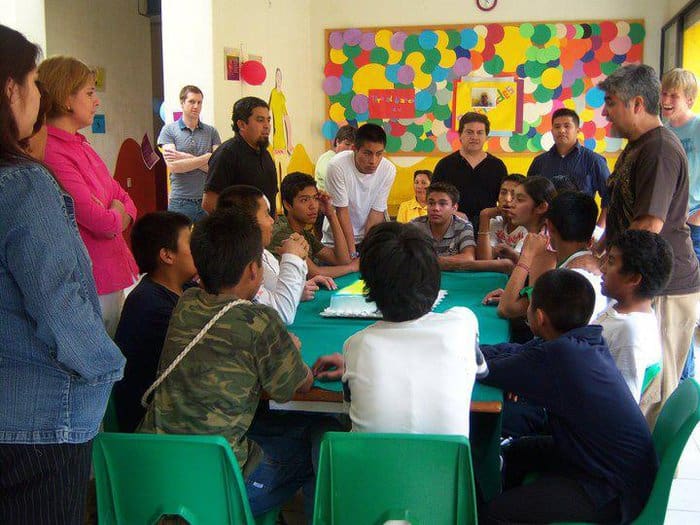By Diana Rosario Mireles Sanchez
Foundation for Street Children
The Pro-Street Children Foundation has 30 years of experience in caring for children, adolescents and youth at risk or living on the streets. The work has not been easy, but we have learned from all the experiences in caring for the population. The follow-up provided is intended to be longitudinal, providing care from childhood to adulthood, and promoting the search for progressive autonomy. In this sense, we understand that autonomy is not generated by itself or by magic, on the contrary, it is accompanied and guided for better decision-making.
Young people face various challenges to achieve this autonomy, one of them being the search for jobs (formal or informal) to generate economic resources that allow them to sustain themselves. During the time that we have worked with these young people, we have noticed that one of the main challenges regarding employability in Mexico is the weight that informal work has over formal work.
According to the International Labour Organization, formal employment is defined as a salaried workforce with social security. On the other hand, informal work is defined as an employment relationship that is not legalized and regularized, and therefore does not have a fixed salary, social security or benefits.
The Institute of Statistics, Geography and Informatics (INEGI) reported that 55.81% of the Mexican population works informally and contributes 23.71% of GDP, while 44.41% works formally, contributing 76.31% of GDP. This means that the majority of the population obtains its resources informally.
In the case of the youth served by Fundación Pro Niños de la Calle, around 80% support themselves through informal employment. The question at this point is, why does this type of work predominate over the “security” of formality? The answers to this question are multiple and are justified by various social and individual reasons.
The youth served generally have histories of child labor, since most of them come from families with limited resources who have to generate a daily income to cover their basic needs (food, health, clothing, lodging). Children have an early approach to employment and earning an income. When these children enter institutionalized systems, the process changes. The institution is the one that provides them with the resources they need for a decent life. However, when they grow up, the desire to work to “have something” is constant.
Once young people graduate from these systems, they almost always return to earning income informally, since they find in this type of employment different advantages such as immediacy and flexible hours, among others. Likewise, this type of work allows them to develop skills such as decision-making, conflict resolution and creative thinking, which leads to a process of adaptability to the environment, demand, market and other conditions in which they work.
In the words of the youth who are served by the Foundation, the conditions of their jobs also allow them to “survive day to day” since, in young people raised from institutionalization and precarious families, there is no future perception but rather that of “one day at a time” where they seek to cover the needs of that day.
Just as there are advantages to informality, there are also disadvantages from the state that generates economic violence and makes young workers vulnerable. The inaccessibility to a regulation of the working day, social security, access to housing loans or savings for retirement, limits the capacity of young people to think about the future, limits their access to follow-up on their schooling and the majority - they stagnate - in secondary studies, which prevents them from seeking other employment options.
Formal jobs do not offer many advantages in the current situation, as young people are tied to inflexible work schedules that limit their ability to carry out other academic or recreational activities. Low salaries, exploitative employers, cheap labor, and a lack of information about their labor rights, expense management, and investment methods limit their opportunities to go beyond “surviving day to day.”
Through the work carried out by the Foundation, young people are assisted in accessing information about their AFORE, savings, investment and management of their resources obtained, whether through formal or informal work. Most of the young people who graduate say they feel satisfied with themselves because they manage to meet their goals, from buying things that serve them in their independent life, to finishing their undergraduate studies on their own.
This brief overview shows that conditions in Mexico are marked by various inequalities and violence that prevail in different sectors, both politically and individually, but it shows that youth are those who strive daily to obtain what they need and constantly face difficulties. For those of us who work with and for youth, it is important to look at and rethink our position based on where we can influence to modify precarious conditions and provide, at least for now, the tools and pertinent information that allow youth to see beyond the “day to day” and be part of a future that belongs to them.






